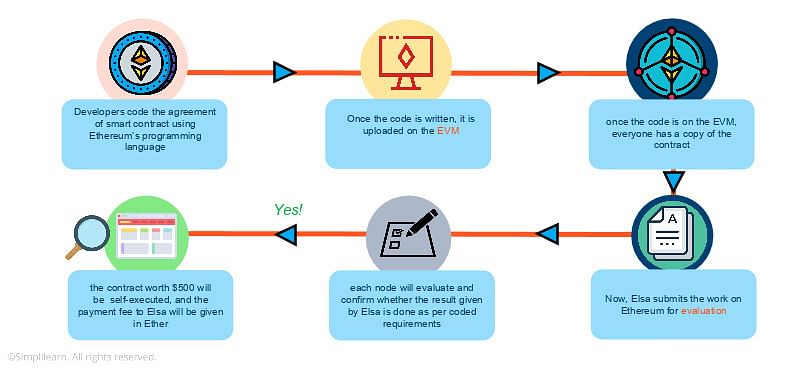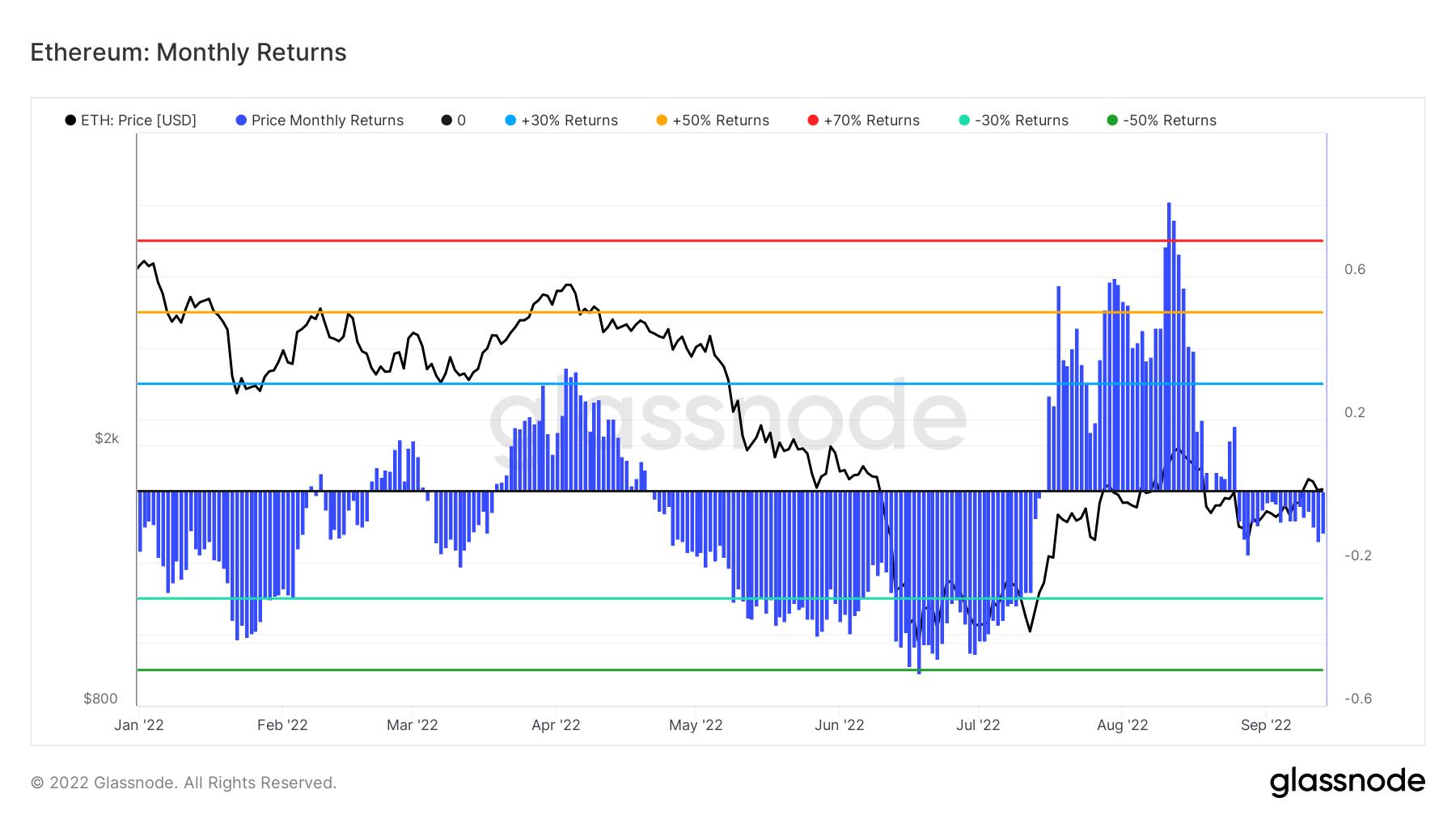Are bitcoin etfs a good investment a closer look at benefits and risks
Are bitcoin etfs a good investment? This question echoes across the financial landscape as investors seek to navigate the often tumultuous waters of cryptocurrency. Bitcoin ETFs, or exchange-traded funds, present a unique opportunity for traditional investors to gain exposure to the world of digital currency without directly holding the asset.
These investment vehicles offer a blend of accessibility and regulatory oversight, allowing individuals to invest in Bitcoin in a more familiar and manageable way compared to direct purchases. As the popularity of Bitcoin ETFs continues to rise, understanding their mechanics and implications becomes increasingly vital for informed investment decisions.
Understanding Bitcoin ETFs
Bitcoin ETFs, or Exchange-Traded Funds, are investment vehicles designed to track the price of Bitcoin and allow investors to buy shares that represent a stake in the fund. Unlike direct investments in Bitcoin, which require the purchase and storage of actual digital assets, Bitcoin ETFs offer a more conventional approach to investing in cryptocurrency. This structure brings Bitcoin into the realm of traditional finance, making it accessible to a broader audience through regular brokerage accounts.The primary difference between Bitcoin ETFs and direct Bitcoin investments lies in ownership.
When you invest directly in Bitcoin, you own the coins and must manage their storage and security. Conversely, investing in a Bitcoin ETF means you own shares of the fund that holds Bitcoin on your behalf. This distinction also extends to regulatory aspects, as Bitcoin ETFs are subject to the scrutiny of financial authorities, which can provide a layer of security for investors concerned about the unregulated nature of cryptocurrency markets.The regulatory framework surrounding Bitcoin ETFs is evolving.
In the United States, the Securities and Exchange Commission (SEC) has been cautious in approving Bitcoin ETFs, focusing on issues like market manipulation and investor protection. This evolving landscape can significantly impact investor confidence and the overall acceptance of Bitcoin ETFs in mainstream finance.
Pros of Investing in Bitcoin ETFs
Investing in Bitcoin ETFs comes with several advantages that can make them appealing compared to traditional cryptocurrencies. These benefits include:
- Ease of Access: Bitcoin ETFs can be bought and sold like regular stocks, making them easier to access for those unfamiliar with digital wallets and cryptocurrency exchanges.
- Regulatory Oversight: Bitcoin ETFs are regulated by financial authorities, which may provide a sense of security to risk-averse investors looking for a legitimate way to invest in Bitcoin.
- Tax Efficiency: Investing in a Bitcoin ETF can be more tax-efficient than directly trading Bitcoin, as it can allow for capital gains tax treatment similar to stocks.
Liquidity and accessibility are key features of Bitcoin ETFs. Unlike direct Bitcoin investments, which can experience significant fluctuations in availability due to market conditions, Bitcoin ETFs generally maintain liquidity through their trading on established stock exchanges. Successful Bitcoin ETFs, such as the ProShares Bitcoin Strategy ETF (BITO), have demonstrated promising performance metrics, showing robust trading volumes and price appreciation since their launch.
Cons of Investing in Bitcoin ETFs

Despite their advantages, Bitcoin ETFs also carry potential drawbacks and risks that investors should consider:
- Higher Fees: Bitcoin ETFs often come with management and administrative fees that may exceed those associated with directly purchasing Bitcoin, impacting overall returns.
- Market Volatility: The cryptocurrency market is known for its volatility, and while Bitcoin ETFs may mitigate some risks, they remain exposed to significant price fluctuations.
- Limited Control: Investing in an ETF means relinquishing direct control over the underlying Bitcoin assets, which may not appeal to all investors.
The fees associated with Bitcoin ETFs can vary widely, typically ranging from 0.5% to 2%, depending on the fund's structure and management. Traditional cryptocurrency trading often incurs lower fees, particularly on decentralized exchanges, making direct investments more attractive for cost-conscious investors.
Market Trends and Bitcoin ETF Performance

The popularity of Bitcoin ETFs has surged recently, reflecting a growing acceptance of cryptocurrencies in mainstream investing. Data shows that Bitcoin ETFs have seen increased trading volumes, with some funds witnessing daily trading exceeding millions of dollars.Price fluctuations in Bitcoin directly influence ETF performance, as these funds typically hold large quantities of Bitcoin. For instance, a sharp rise in Bitcoin's price often leads to a corresponding increase in ETF share prices, enhancing investor sentiment.
Conversely, downturns in Bitcoin's value can adversely affect ETF performance, making it crucial for investors to remain aware of market dynamics.
Investor Considerations
Before investing in Bitcoin ETFs, investors should evaluate several factors to determine their suitability:
- Investment Goals: Assess whether Bitcoin ETF aligns with your overall investment strategy and risk tolerance.
- Market Familiarity: Understand the cryptocurrency market to make informed decisions regarding price movements and trends.
- Diversification: Consider how Bitcoin ETFs can fit into a diversified investment portfolio, potentially balancing risk with other asset classes.
A checklist for assessing Bitcoin ETFs might include factors such as expense ratios, fund performance history, and underlying custodial arrangements. Investors should also contemplate diversification strategies that incorporate Bitcoin ETFs, using them in combination with other asset classes to mitigate risks associated with market volatility.
Future Outlook for Bitcoin ETFs

The future of Bitcoin ETFs in the financial market looks promising, with predictions indicating further growth due to increasing investor interest and institutional adoption. Factors that could influence this trajectory include regulatory developments, technological advancements, and changes in market sentiment toward cryptocurrencies.Expert opinions suggest that as technology evolves, Bitcoin ETFs may see enhancements in security and trading efficiency, potentially attracting a more extensive investor base.
Moreover, the increasing integration of digital assets into traditional finance could further solidify Bitcoin ETFs' presence in investment portfolios, shaping the landscape of cryptocurrency investing for the years to come.
Final Review
In conclusion, the debate on whether bitcoin etfs are a good investment is nuanced, encompassing both promising advantages and notable risks. As the market evolves, staying abreast of trends, performance metrics, and expert insights will be essential for investors contemplating this innovative approach to cryptocurrency investment.
Question & Answer Hub
What are the main advantages of Bitcoin ETFs?
Bitcoin ETFs allow for easier access to Bitcoin investments, provide regulatory oversight, and can be traded on traditional stock exchanges, making them more appealing to conventional investors.
How do Bitcoin ETFs differ from direct Bitcoin investments?
Unlike direct Bitcoin investments where you own the actual cryptocurrency, Bitcoin ETFs represent a share in a fund that holds Bitcoin, providing an indirect way to invest in Bitcoin's price movements.
Are there tax implications when investing in Bitcoin ETFs?
Yes, Bitcoin ETFs are subject to capital gains tax similar to other investments, but specific tax treatment can vary based on jurisdiction and individual circumstances.
Can Bitcoin ETFs be part of a diversified portfolio?
Yes, Bitcoin ETFs can enhance diversification by adding exposure to the cryptocurrency market, but investors should assess their overall risk tolerance and investment strategy.
What should investors consider before investing in Bitcoin ETFs?
Investors should evaluate market volatility, fees, regulatory risks, and their investment goals to determine if Bitcoin ETFs align with their overall portfolio strategy.



